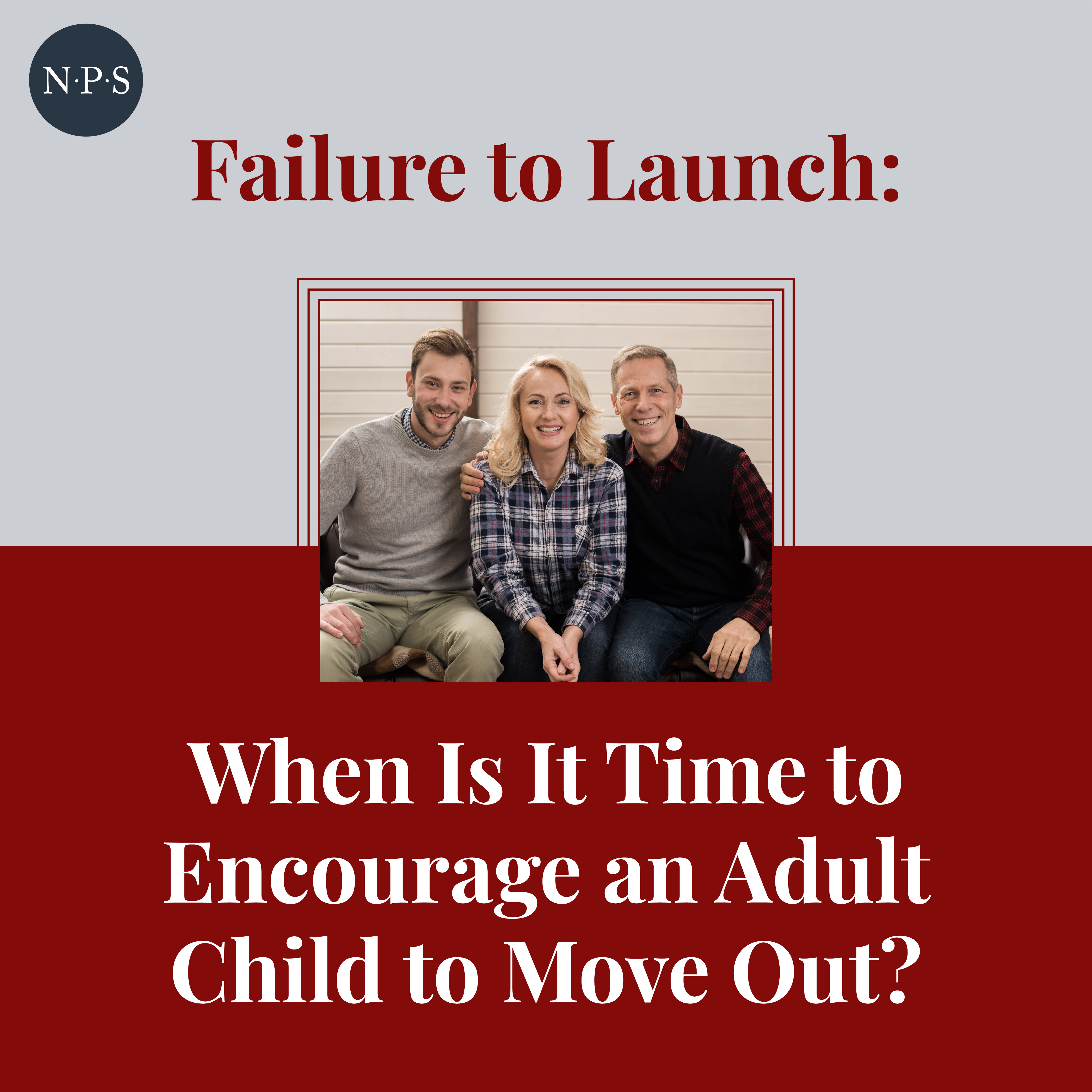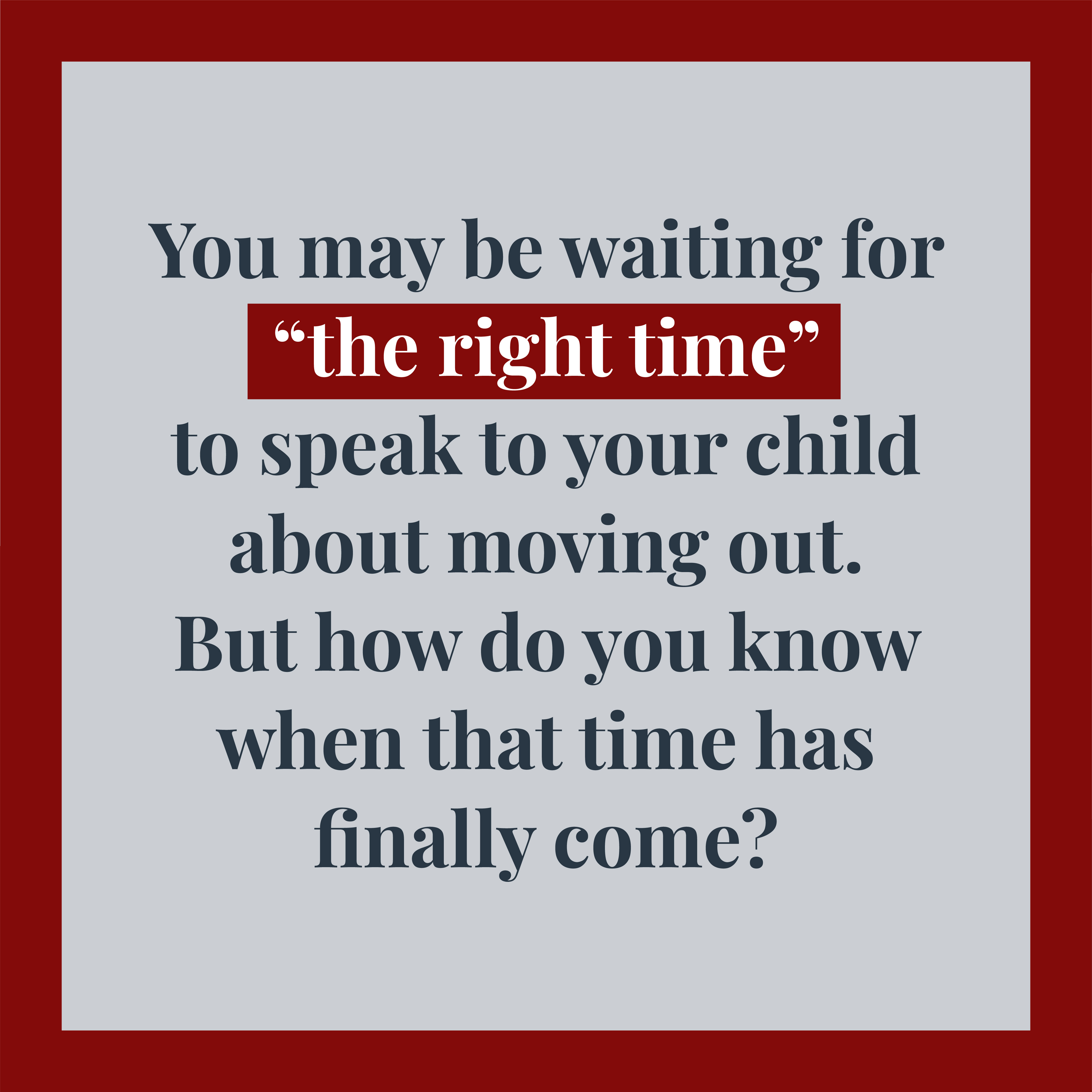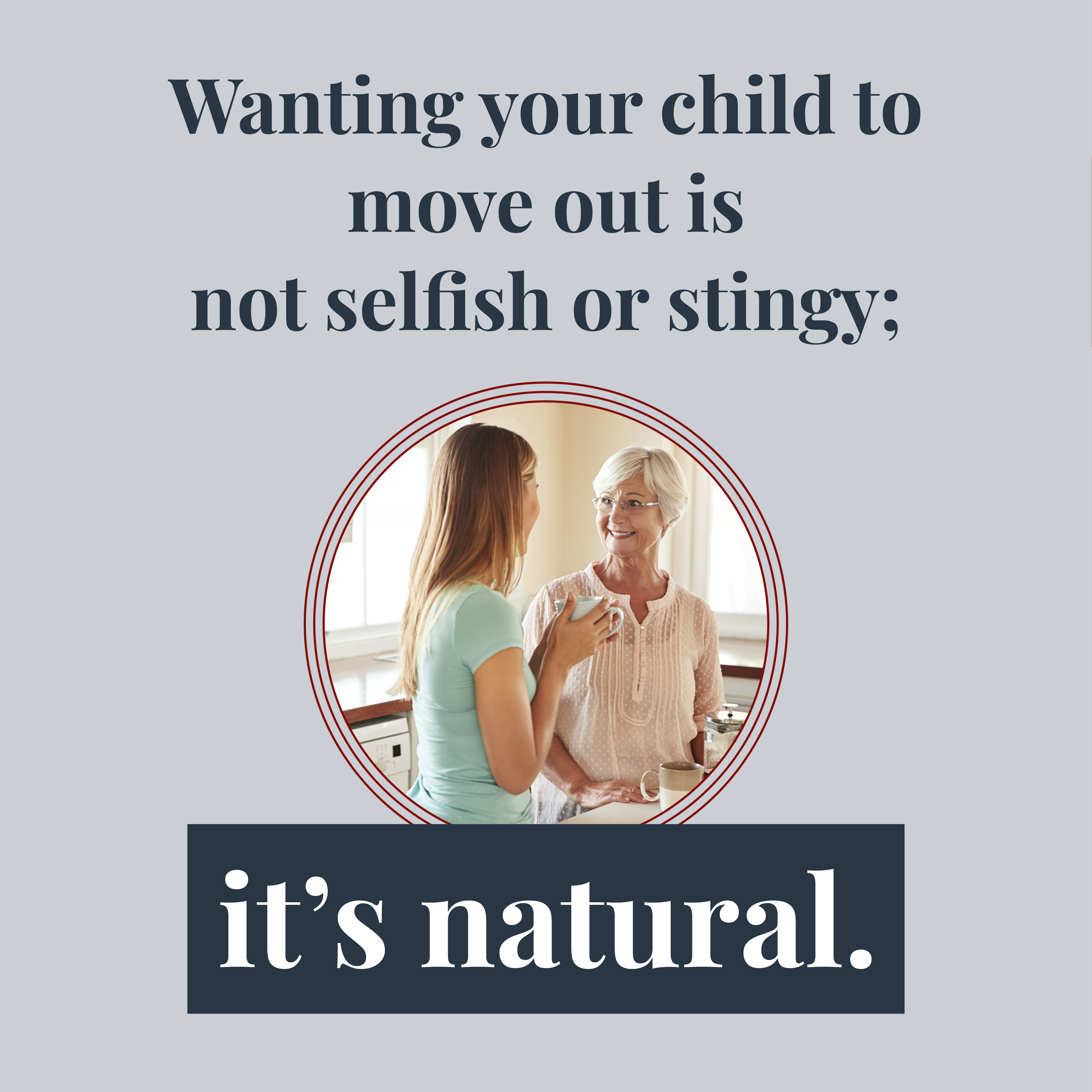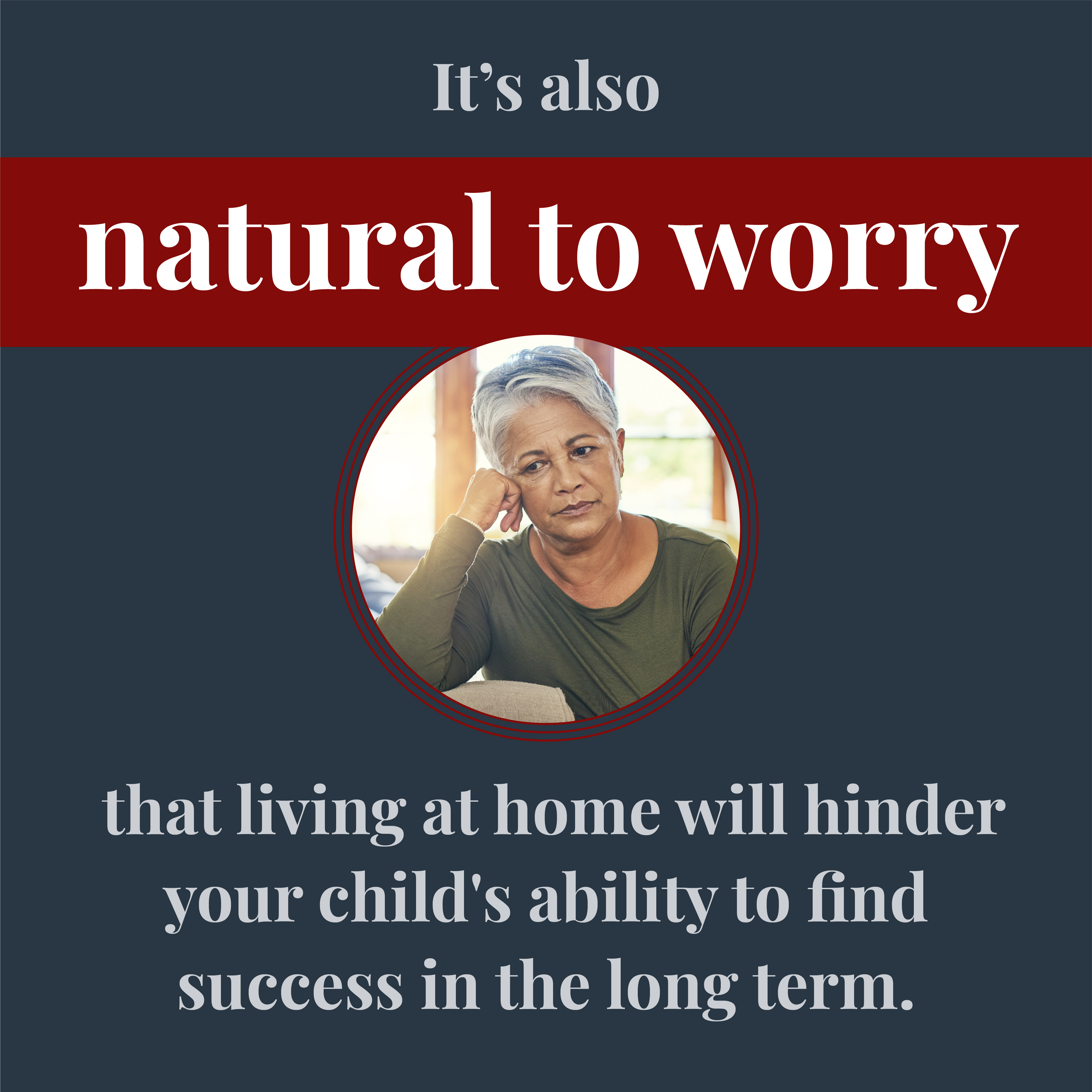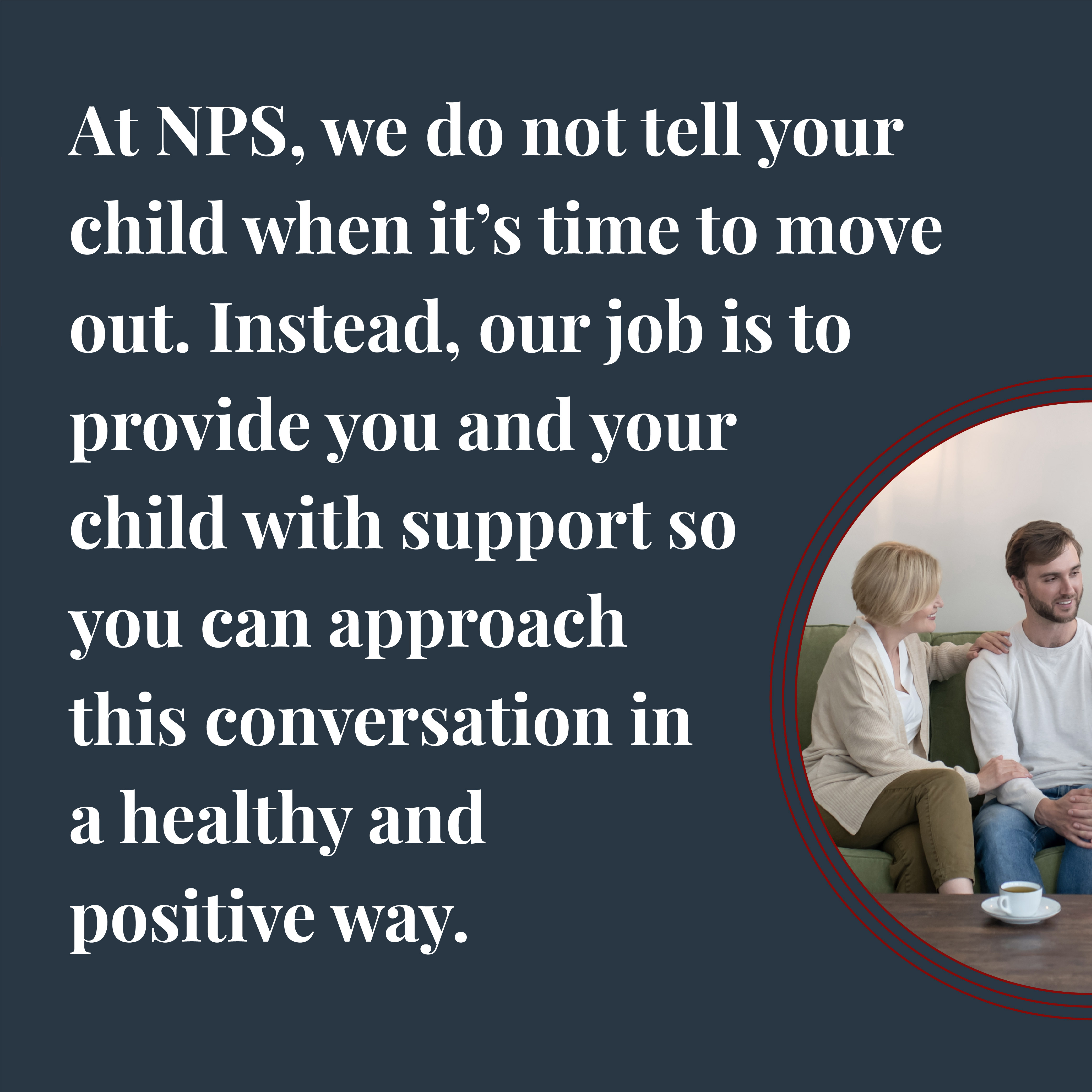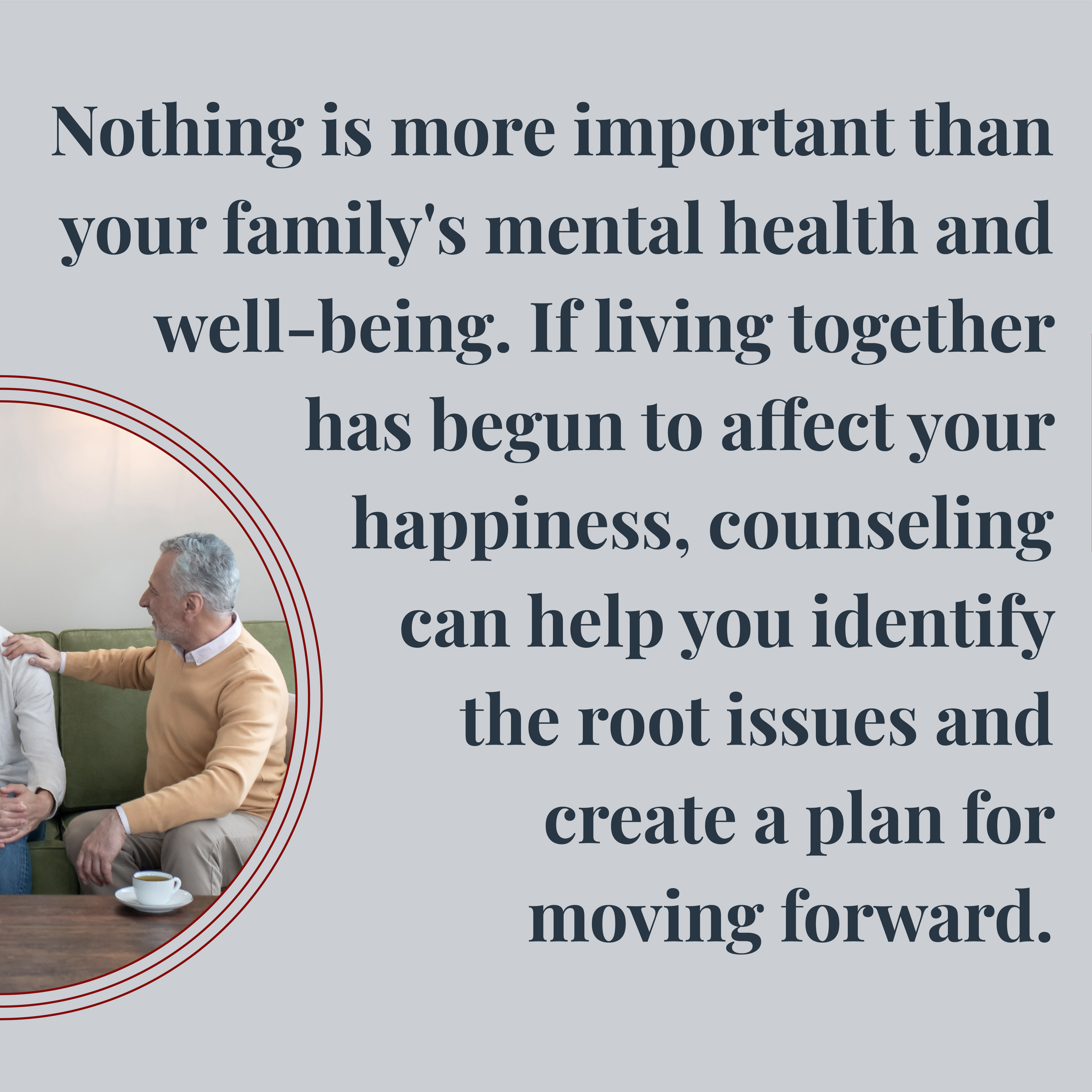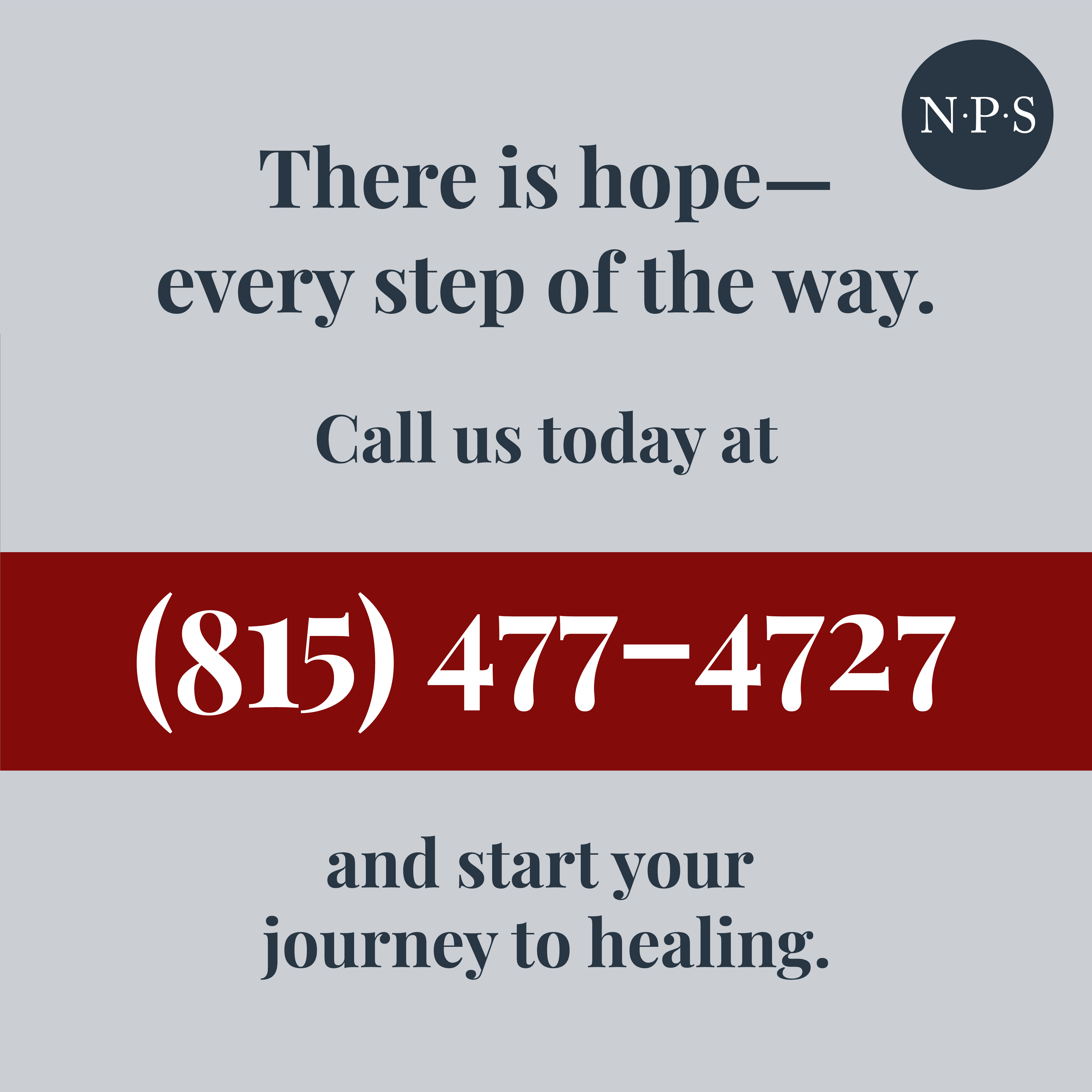What Causes Failure-to-Launch Syndrome?
Failure-to-launch syndrome (sometimes called Peter Pan syndrome) occurs when an adult child struggles to make the transition from adolescence to adulthood. This will of course look different for different families, but is often characterized by the following circumstances:
- An adult child is still living at home.
- They are not looking for a job or pursuing further education.
- They are not providing financial support to the family or household.
- They are beginning to withdraw from their own social circles.
- They continue to rely physically, emotionally, and financially on their parents.

At NPS, we understand that physically and financially supporting an adult child takes a toll. But if you want to help a loved one with failure-to-launch syndrome, patience is the key to success. The first step? Understanding why your child is struggling to support themself and leave home.
Parent Enablement
Improving a parent-child relationship is not about placing blame. However, it can help to do some personal introspection when looking for ways to better support an adult child who is struggling.
Parent enablement often plays a role in failure-to-launch syndrome. That said, identifying and breaking the cycle of enablement is often very challenging, as it’s something you may not even realize you are doing.
Stopping the enablement cycle does not mean you must stop supporting your child altogether. Instead, it means you look for ways to encourage and allow your child to meet their own needs. This will look different for every family, but may require you to stop:
- Paying for car insurance, food, gasoline, etc.
- Cleaning up after your child and/or doing their laundry
- Allowing them to live at home rent-free
- Making excuses when your child fails
- Finishing work or school assignments on their behalf
As a parent, it is perfectly natural to want to be there for your child to help shoulder their burdens. But when support becomes enablement, it can begin to take a toll on the parent-child relationship and on the child’s ability to succeed on their own. Before you step in on behalf of your child, ask yourself: will this be beneficial in the long run?
You can stop the enablement cycle by setting clear expectations and boundaries. This can only happen if you and your child are able to communicate in an effective and healthy way. If you need support or a neutral third party to help facilitate this conversation, come to NPS. Our counselors can ensure that both you and your child feel seen and heard.
Inability to Self-manage
Self-management, also known as self-regulation or self-control, is a life skill that will allow your child to thrive and succeed on their own. It is a skill that can benefit your child’s personal, educational, and professional lives. But what is it?
Self-management is the ability to regulate one’s own thoughts, emotions, and behaviors. Without self-management, it will be very difficult for your child to achieve full independence. Here’s how you can help:
- Encourage your child to create daily to-do lists and prioritize their most important tasks
- Help your child identify goals about which they feel motivated and excited
- Recommend a counselor who can help your child develop stress-management tools
- Help your child look for opportunities to improve themself and their portfolio (ex. Online courses, seminars, workshops, etc.)
As your child develops the skills they’ll need to succeed on their own, offer encouragement along the way. If your child feels seen and appreciated for their work, they may find greater purpose and fulfillment in continuing on the path.
Substance Use Disorder
Sometimes, an adult child is unable to move forward because they’re being held back by addiction or poor mental health. In those cases, you and your loved one may both need additional support. For adults struggling with a substance use disorder, we strongly recommend counseling after the completion of an inpatient or outpatient treatment program.
If you’re not sure whether your child has a substance use disorder, ask yourself these questions:
- Are they experiencing regular cravings for an addictive substance?
- Are they giving up activities they previously enjoyed?
- Are they using addictive substances in places or situations that are physically dangerous?
- Are they continuing to use the substance despite its negative effect on their relationships?
- Do they experience withdrawals when not using the substance?
- Are you witnessing changes to their sleep habits and/or appetite?
- Do they experience sudden mood swings or seem anxious/paranoid?
If you answered yes to any of these questions, it’s possible that a substance abuse disorder is in effect. In that case, you may struggle with feelings of guilt, shame, fear, or all of the above. Seeking counseling for yourself is one way to help a loved one struggling with addiction. From there, you’ll be better equipped to offer loving and effective support.
Depression and/or Anxiety
Young adults today are more likely to suffer from depression and anxiety than any generation before them. Naturally, this can make it difficult for a young adult to leave home and find their independence. Family and social support, coupled with regular counseling, are proven effective in decreasing the amount of depression and anxiety felt by a young person.
To offer support to an adult child with depression or anxiety, you must become educated on these disorders and the impact they have on a sufferer’s life. This will allow you to participate in healthy conversations that are free from criticism. Patience is an essential tool as you strive to encourage your child to seek professional help and reengage with their social network.
Remember, your child won’t be able to develop the necessary self-management skills for independence if they don’t seek treatment for their mental health conditions first. We recommend Cognitive Behavioral Therapy for anyone struggling to divert their negative and anxious thoughts. Once your child is free from the heavy burden of depression or anxiety, they’ll be better equipped to find success in their personal and professional lives.
Educational Issues
Your child may also be held back by a variety of educational issues. Young adults today face more educational and professional challenges than possibly ever before. College dropout rates indicate that around 32% of undergraduate students do not obtain a degree. Unfortunately, college dropouts are about 20% more likely to suffer unemployment than their peers. So if your child is struggling after high school, they are not alone.
You can help your child overcome their educational issues by lending a compassionate and listening ear to their frustrations. Gently reminding your child that college is challenging for everyone can also be helpful. Here are a few other ways you can help your child in their educational pursuits:
- Encourage your child to seek tutoring or academic support when needed
- Teach them how to break larger assignments into smaller, more manageable tasks
- Recommend extracurricular activities to help your child find a more balanced life
If you need support in tackling your child’s educational issues, NPS has many resources that can be of help. We understand the challenges facing young adults and their parents today and can help you both find a path to success.
Counseling for Failure-to-Launch Syndrome
Every case of failure-to-launch syndrome is unique. Your best opportunity for finding healing and success is through counseling, for both you and your adult child. Our team is here to help you heal from past hurts, break old habits and unhealthy cycles, and build goodwill between parent and child. To find the best counselor for your circumstances, schedule a free 15-minute meet and greet. Call us at (815) 477-4727 to get the process started.
Are you ready to take the next step?
CONTACT US AND SCHEDULE YOUR FIRST APPOINTMENT TODAY.


